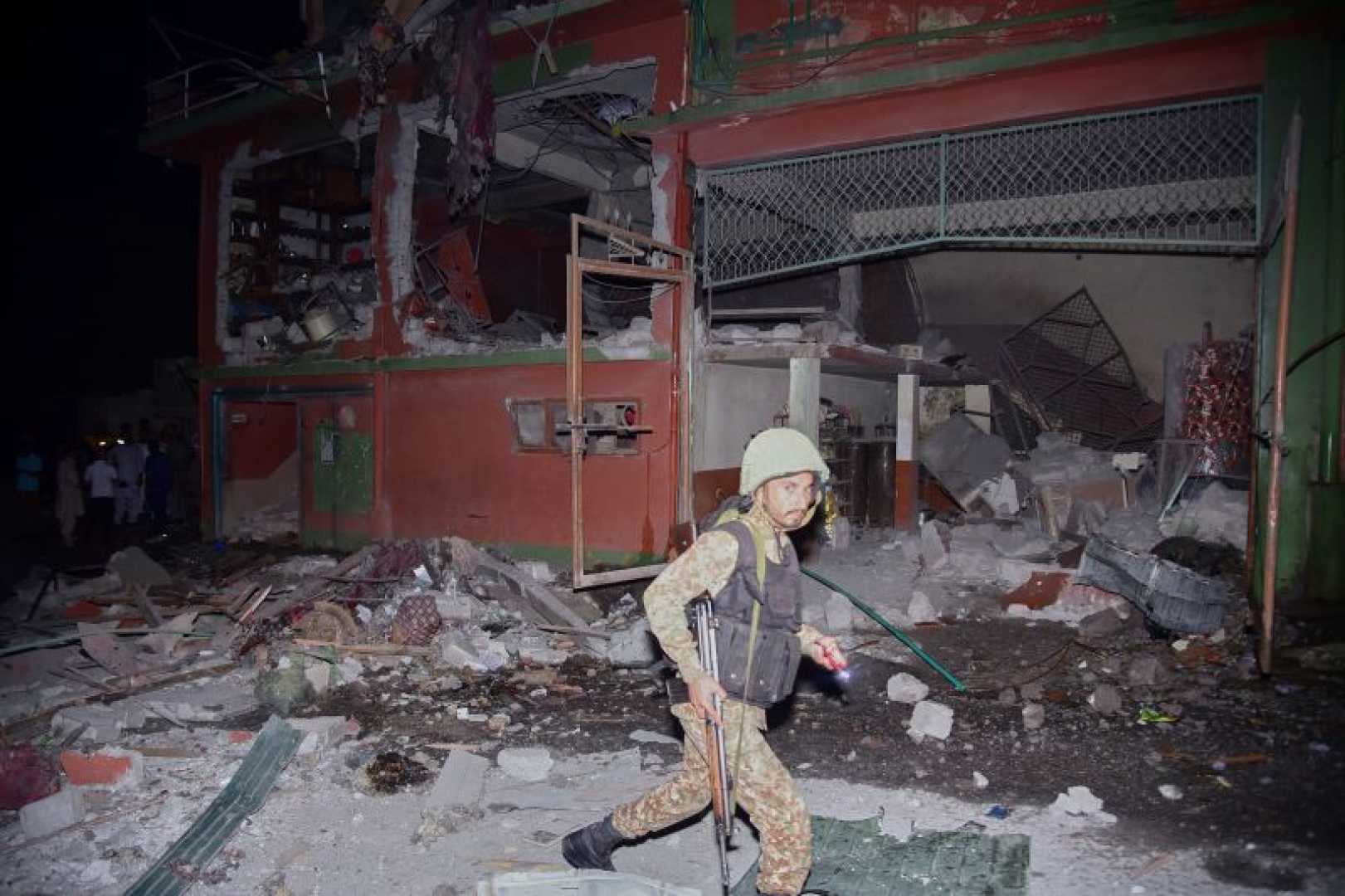World
India Escalates Tensions with Pakistan Amid Missiles Strikes and Accusations

NEW DELHI, India — India launched missile and air strikes against Pakistan early Wednesday, marking a significant escalation in hostilities between the two nuclear powers just two weeks after a terrorist attack killed 26 people in Indian-administered Kashmir. The Indian military reported that the strikes were aimed at what they described as ‘terror camps,’ while Pakistan has labeled the actions an ‘act of war.’
According to authorities in Pakistan, the strikes resulted in the deaths of at least 26 individuals, including women and children, and injured 46 others. Indian officials, however, maintain that no civilian targets were hit, asserting that their operations focused purely on militant infrastructure. An Indian defense ministry statement emphasized their actions were ‘measured and non-escalatory.’
In a televised address Thursday, Pakistani Prime Minister Shehbaz Sharif condemned India’s overnight strikes as ‘cowardly’ and stated that the Pakistani military responded by downing five Indian fighter jets. He reiterated that Pakistan had no involvement in the attack that occurred in Kashmir last month. ‘We will undoubtedly stand against this aggression and prevail,’ Sharif stated.
The ongoing tensions between India and Pakistan date back to the partition of British India in 1947, which created Muslim-majority Pakistan and Hindu-majority India. Since then, a long history of conflict over the Kashmir region has followed, with both nations claiming complete sovereignty over it.
India’s military action, described as ‘Operation Sindoor,’ was intended to avenge the deaths of the victims from the April 22 attack. Indian Foreign Secretary Vikram Misri highlighted that India acted in pursuit of its right to respond to what it sees as cross-border terrorism. He noted that intelligence indicated possible subsequent attacks from Pakistan.
The situation has drawn international concern, prompting the European Union’s foreign policy chief to call for mediation between the two countries. The U.N. Secretary-General also urged restraint, stating that a military confrontation could have dire consequences for both nations and the region as a whole.
As reports of casualties continue to emerge, authorities from both sides are implementing emergency measures. Schools in several areas along the border are closing, and both governments have suspended visa services for their citizens, reflecting the increasing severity of the conflict.
In response to the strikes, peaceful demonstrations have arisen across Pakistan, while various officials, including the Information Minister, emphasized the nation’s intention to defend its sovereignty. ‘These attacks will not go unanswered,’ he declared.
The rising hostilities have led to a collapse in communication channels, with U.S. Secretary of State Marco Rubio urging both nations to keep diplomatic lines open. Analysts caution that without de-escalation, the region may face further military actions that could spiral out of control.












